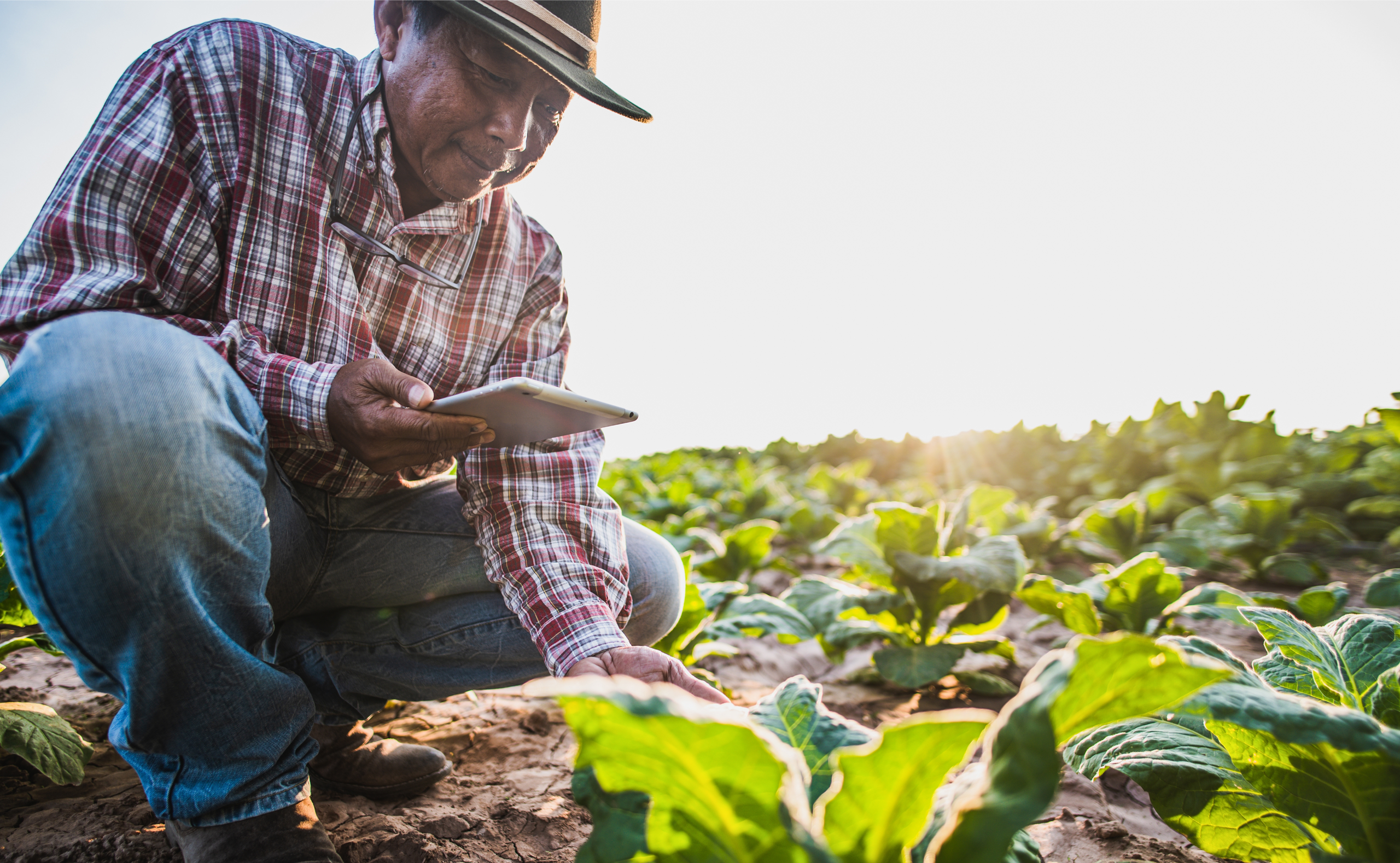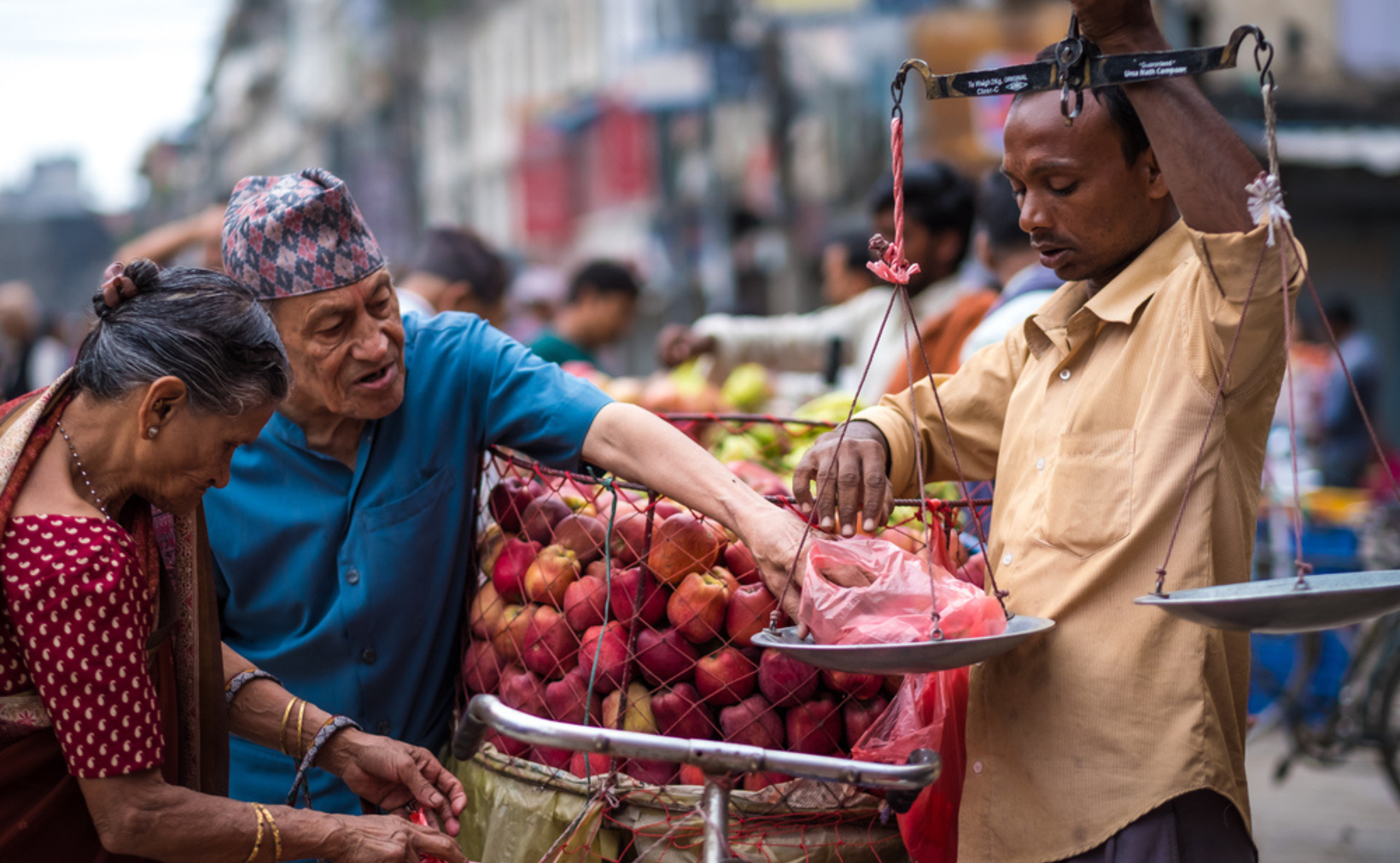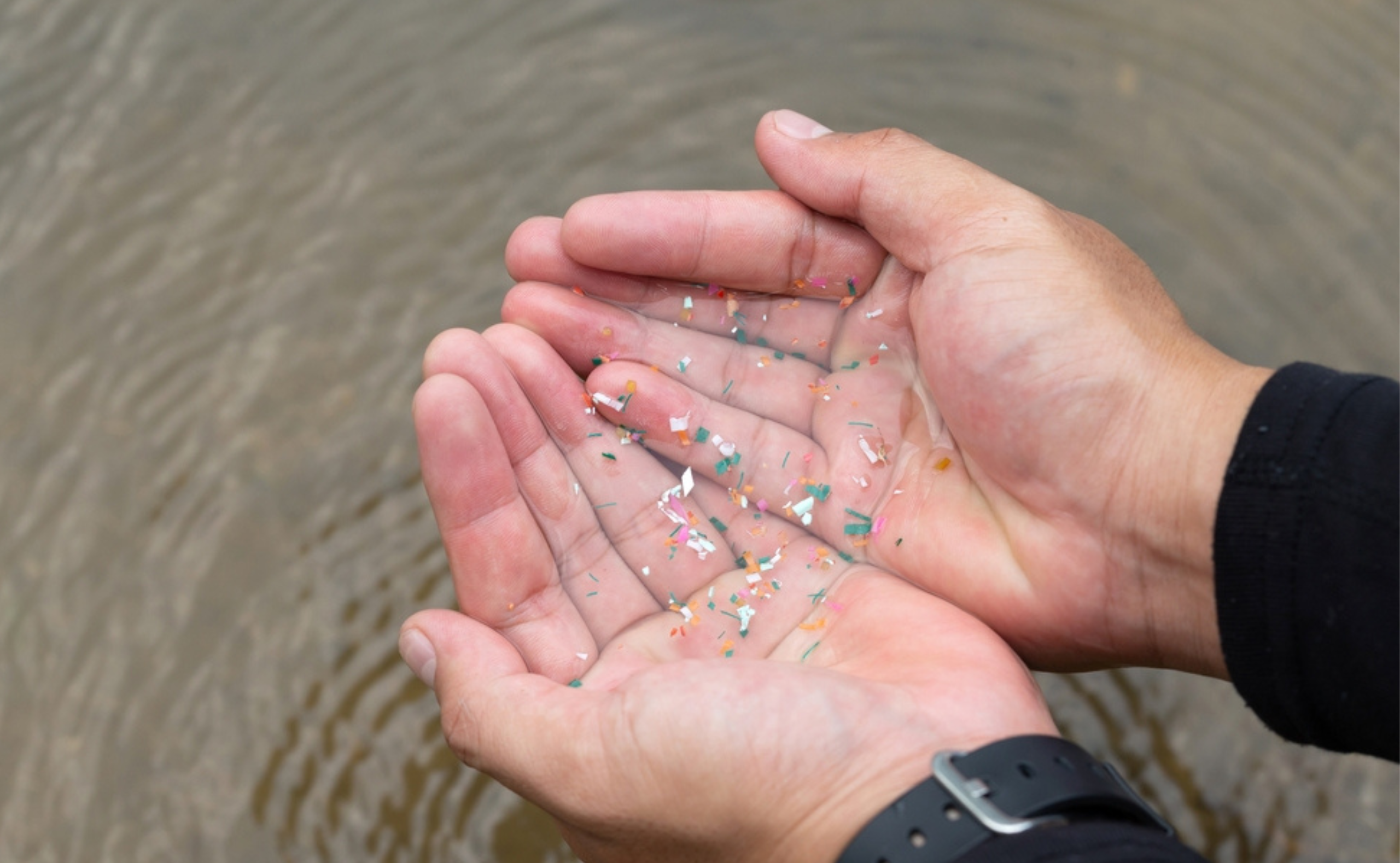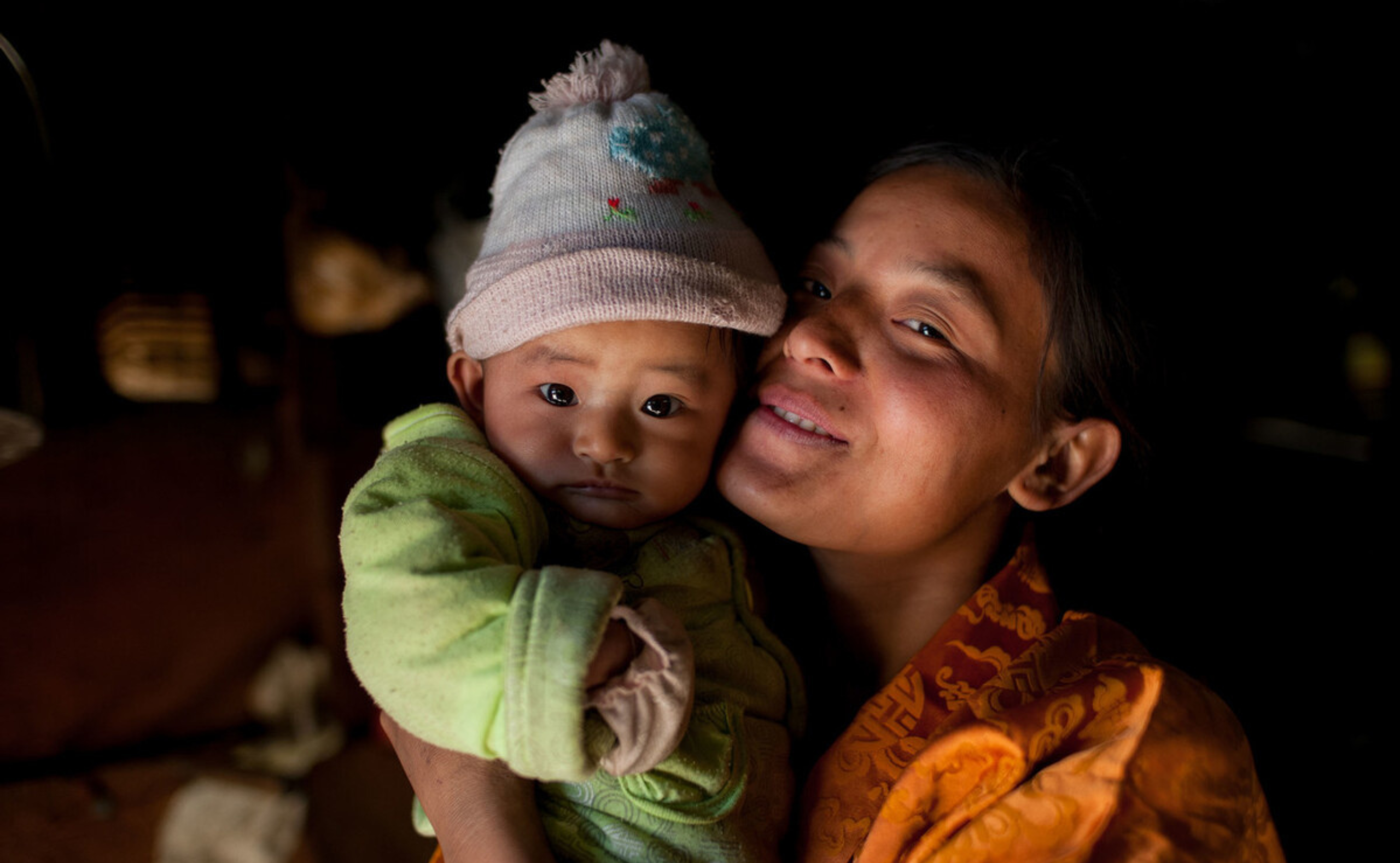
- Agriculture and natural resources, Information and Communications Technology

- Social development and protection

- Agriculture and natural resources
- Governance and public sector management

- Environment, Health

- Industry and trade, Information and Communications Technology

- Gender, Health, Social development and protection

- Climate change, Energy, Environment, Transport

- Climate change, Environment


